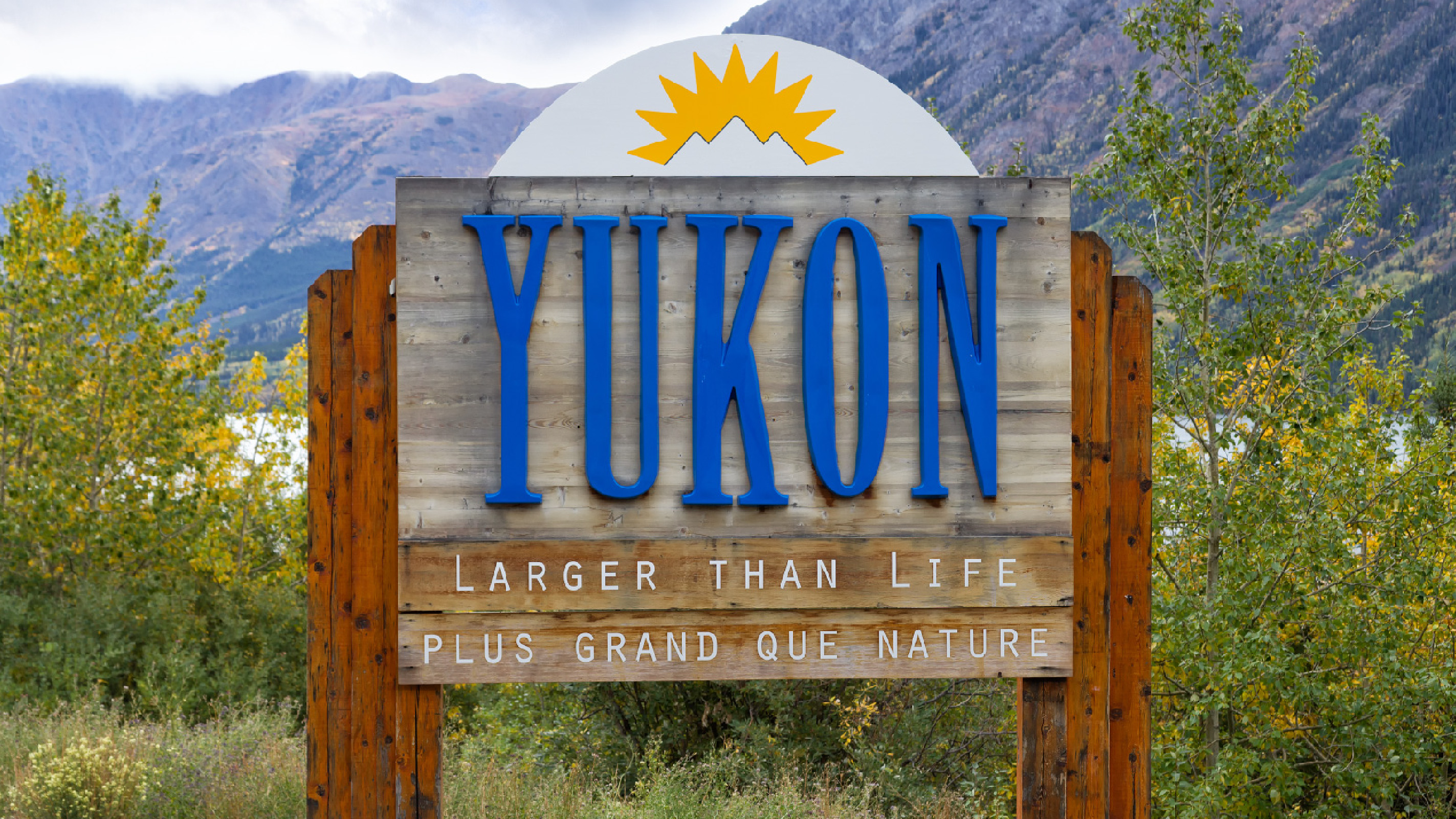
Yukon sits near the top of Canada geographically, while statistically, it reached the very top nationally in terms of population growth, with the number of Canadians that call Yukon home rising by 12.1% from 2016 to 40,232 in 2021.
Yukon also led the nation in economic growth in 2021, with gross domestic product (GDP) rising by 10.0% year over year, which is double the national rate of 5.0%.
Yukon led the territories with the highest employment rate (66.8%) and the lowest unemployment rate (6.8%) in 2021.
While gold put Yukon on the map 125 years ago during the Klondike Gold Rush, mining (15.5%) ranked second in terms of the total share of Yukon’s GDP in 2021, following public administration (23.1%). Nevertheless, the mining sector’s contribution to Yukon’s GDP has more than doubled since 2018, when it contributed 6.8%.
Economic activity in the gold and silver mining sector in Yukon rose by over one-third (+35.8%) in 2021.
Celebrating Yukon’s diverse multicultural heritage
More than one in five Yukoners reported an Indigenous identity (8,810 people) during the 2021 Census of Population, including 6,935 First Nations people, 1,285 Métis and 260 Inuk.
English (9,105 people) was the most common ethnic background reported in Yukon during the 2021 Census of Population, followed by Scottish (8,375), Irish (7,440), German (5,325) and French (4,245).
Almost two-thirds (26,600 people) of Yukoners in 2021 traced their roots to the territory back three generations or more.
Approximately one in seven people living in Yukon in 2021 had immigrated to Canada (5,385 people), with the Philippines (1,405 people) being the largest source country by far, followed by the United States (530), the United Kingdom (525) and Germany (475).
Contact information
For more information, contact the Statistical Information Service (toll-free 1-800-263-1136; 514-283-8300; infostats@statcan.gc.ca) or Media Relations (statcan.mediahotline-ligneinfomedias.statcan@statcan.gc.ca).
